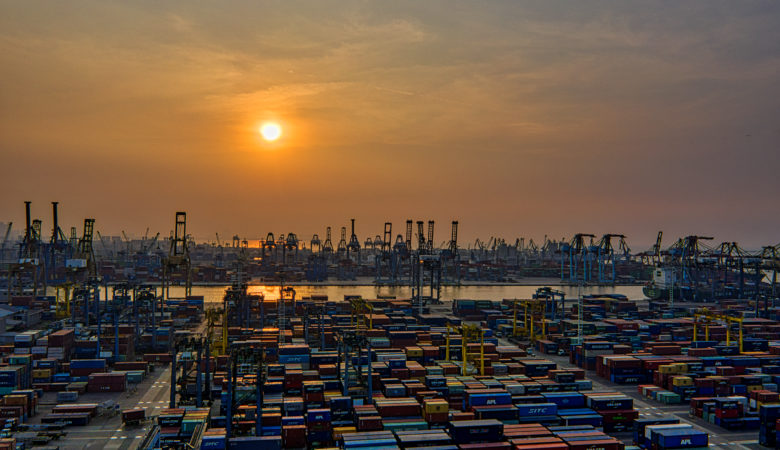Operation Pangea XII Seizes Thousands of Counterfeit Medical Supplies Related to the COVID-19 Pandemic Worldwide
The COVID-19 outbreak has offered an opportunity for fast cash as criminals take advantage of market demand for protective equipment and medical supplies, especially on online platforms.
An uptick in counterfeit medical supplies, falsified medication, and ineffective masks have hit American consumers at the worst time. However, law enforcement authorities have stepped up to intercept counterfeits and other illicit products. INTERPOL’s Operation Pangea XII has coordinated the law enforcement efforts of 90 countries worldwide targeting counterfeit medicines and medical products.
Law enforcement agencies conducting Operation Pangea XII found over 2,000 sites selling products related to the coronavirus, with about 30 percent of these sites selling counterfeit masks. They have been able to seize over 34,000 counterfeit masks, coronavirus medicines, and sanitizing products, revealing a harrowing trend of criminals profiting off the crisis, and the importance of protecting intellectual property rights globally.
Jurgen Stock, INTERPOL’s Sectary General highlighted that Operation Pangea shows that criminals will stop at nothing to make a profit of this pandemic and “the illicit trade in such counterfeit medical items during a public health crisis shows their total disregard for people’s wellbeing, or lives.”
Compared to 2018 at this time, the operation has reported an increase of about 18% in seizures of unauthorized antiviral medications and an increase of more than 100% of unauthorized chloroquine, all directly related to the COVID-19 pandemic.
Operation Pangea has also shut down more than 2,500 web links, including social media pages, online marketplaces and advertisers for the sale of illegal pharmaceuticals, with many more sites under investigation. The activities of the operation and efforts of law enforcement authorities have also successfully disrupted the endeavors of over 37 organized crime groups
The sale of counterfeit medical supplies is profoundly problematic as they directly affect consumer health and well-being. Fake medicines are often contaminated, contain poisons, have incorrect ingredient ratios, and can be either stolen or expired.
The scale of these illicit products underlines the importance of protecting intellectual property. Patents and trademarks ensure right holders a process where they are incentivized to ensure all production comes from licensed and trained manufacturers meeting high-quality standards. Efforts, such as Operation Pangea XII, focused on protecting intellectual property, shine a light on the value of all forms of intellectual property to protect public health, advance science, and communicate information to consumers.

